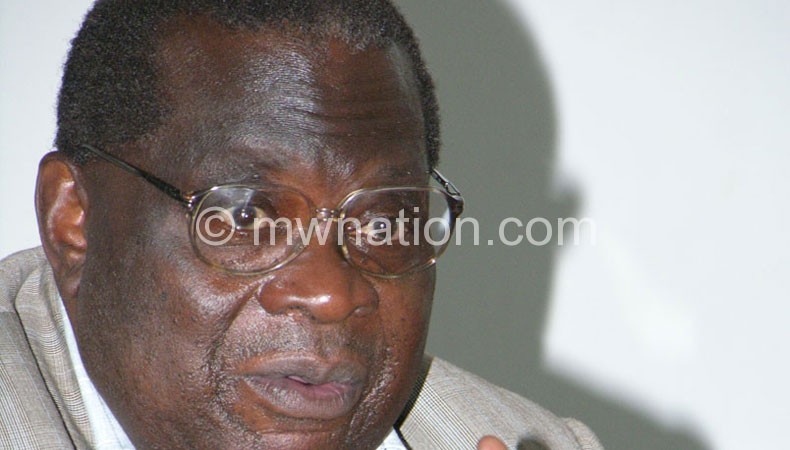Malawi sticks to flexible exchange rate regime
Government has said it will stick to a flexible exchange rate regime that allows the kwacha to automatically adjust to domestic and international currency developments.
Meanwhile, the World Bank has since hailed Malawi Government for the implementation of Malawi’s exchange rate policy, saying it has helped to achieve positive results, especially in the final months of the year, with import cover rising to over three months.

“Government will continue to implement a flexible exchange rate regime with the Reserve Bank of Malawi [RBM] only coming in to intervene in the foreign exchange market when it has become necessary to ensure orderly market conditions,” he said in Lilongwe.
The local unit depreciated by 20 percent against the dollar in late 2014 to trade around K520 during the traditional lean foreign exchange period.
The currency later appreciated before stabilising at around K450 against the green back.
Gondwe praised monetary authorities for “rescuing” the kwacha from further depreciation, arising from speculative attacks by negotiating an agreement with PTA Bank to buy a three-year treasury note issued against part of the government’s accrued domestic debt.
“This delivered foreign exchange amounting to $250 million and enabled the country to build enough reserves,” said Gondwe.
World Bank senior economist for Malawi Richard Records noted recently during the launch of its Malawi Economic Monitor (MEM) publication that RBM has remained committed to the implementation of a flexible exchange rate regime to align the nominal exchange rate to domestic and international fundamentals, despite significant pressure to intervene in foreign exchange market.





